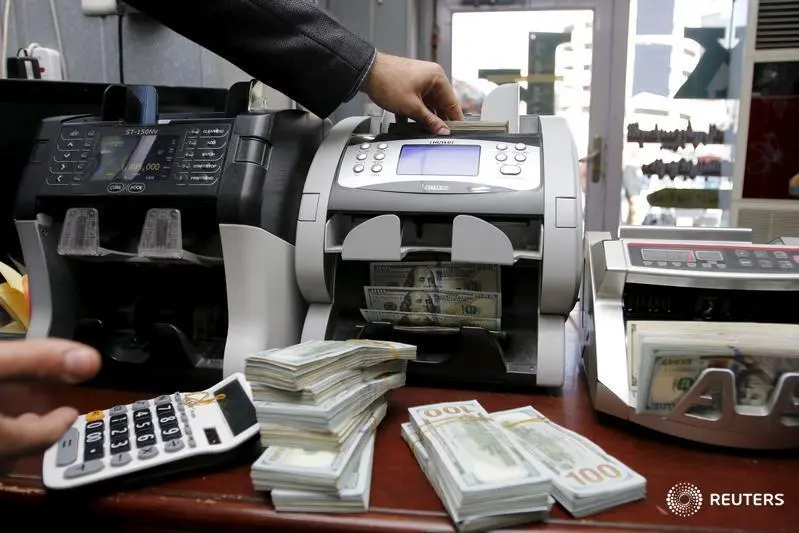PHOTO
Al Ansari Exchange Co plans to expand its network in the United Arab Emirates by 25 percent to more than 200 branches by 2020 and has allocated 600 million dirhams ($163.48 million) over the next two years to upgrade its infrastructure, General Director Rashed Ali Al Ansari said.
He told Zawya in an interview that the sharp drop in crude oil prices over the past year has not impacted remittance outflows from the Gulf region, and particularly the UAE, since economies in the region remain strong.
"We have a five-year plan to increase the number of Al Ansari Exchange branches by about 25 percent so that the total number of branches would surpass 200 branches all over the UAE by 2020," Al Ansari said, adding that there are currently 160 branches around the country.
He said the firm, which has representative offices in India and Bangladesh, also aimed to expand regionally and internationally, but did not elaborate.
Al Ansari said the company planned to spend around 600 million dirhams by 2018 -- with 200 million dirhams allocated for 2016 -- to upgrade its infrastructure and put in place the latest technology for money transfers.
"We expect the money transfer market and foreign exchange market to continue to register strong growth at an average of 5 percent to 10 percent by the end of the year," he said.
Remittance flows strong
The Gulf region is one of the largest sources of remittances in the world; some 29 million foreign workers sent home more than $100 billion in remittances, according to the International Monetary Fund (IMF).
The IMF said in a report issued in December that the near-term impact of lower oil prices on remittances from the Gulf is expected to be modest because real non-oil gross domestic product (GDP) growth is forecast to decline only moderately to about 3.8 percent per year in 2015-2016.
The report said the medium-term impact would depend on how Gulf governments respond to lower oil prices, since government services and construction are most strongly associated with remittance outflows.
Al Ansari said expatriates had also benefited from the strengthening of the U.S. dollar against other currencies, since the UAE dirham, like most Gulf currencies, is pegged to the dollar.
"This had a positive impact on the performance of exchange companies in the UAE as expatriates moved to transfer more funds to their countries," he said, adding that he expected this trend to continue.
Al Ansari said that India and the Philippines were the biggest destinations for money transfers through Al Ansari Exchange, while Egypt was the main destination in the Middle East and North Africa, followed by Jordan and Morocco.
In December last year, UAE Minister of State for Financial Affairs Obaid Al Tayer said in remarks published by local media that the government was studying whether to levy a government tax on remittances.
© Zawya 2016





















